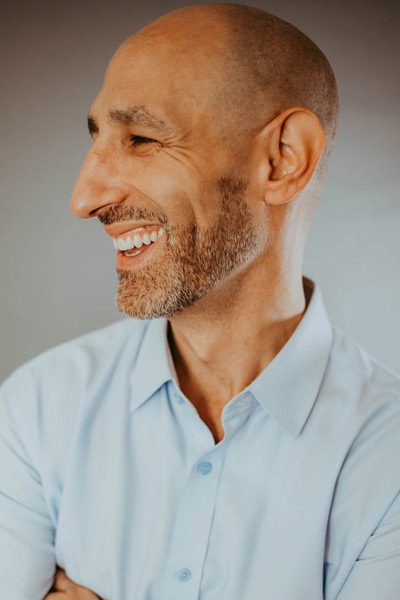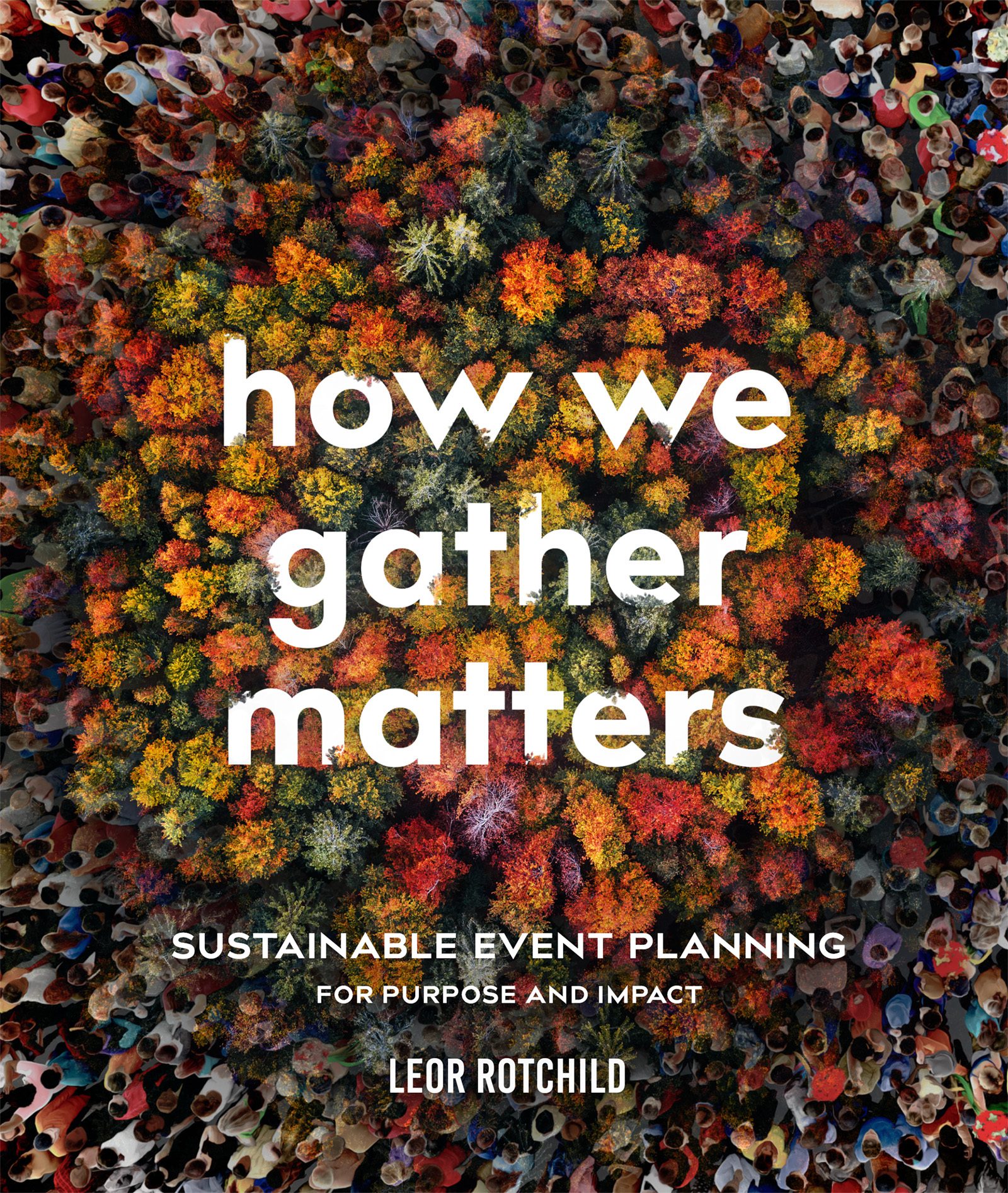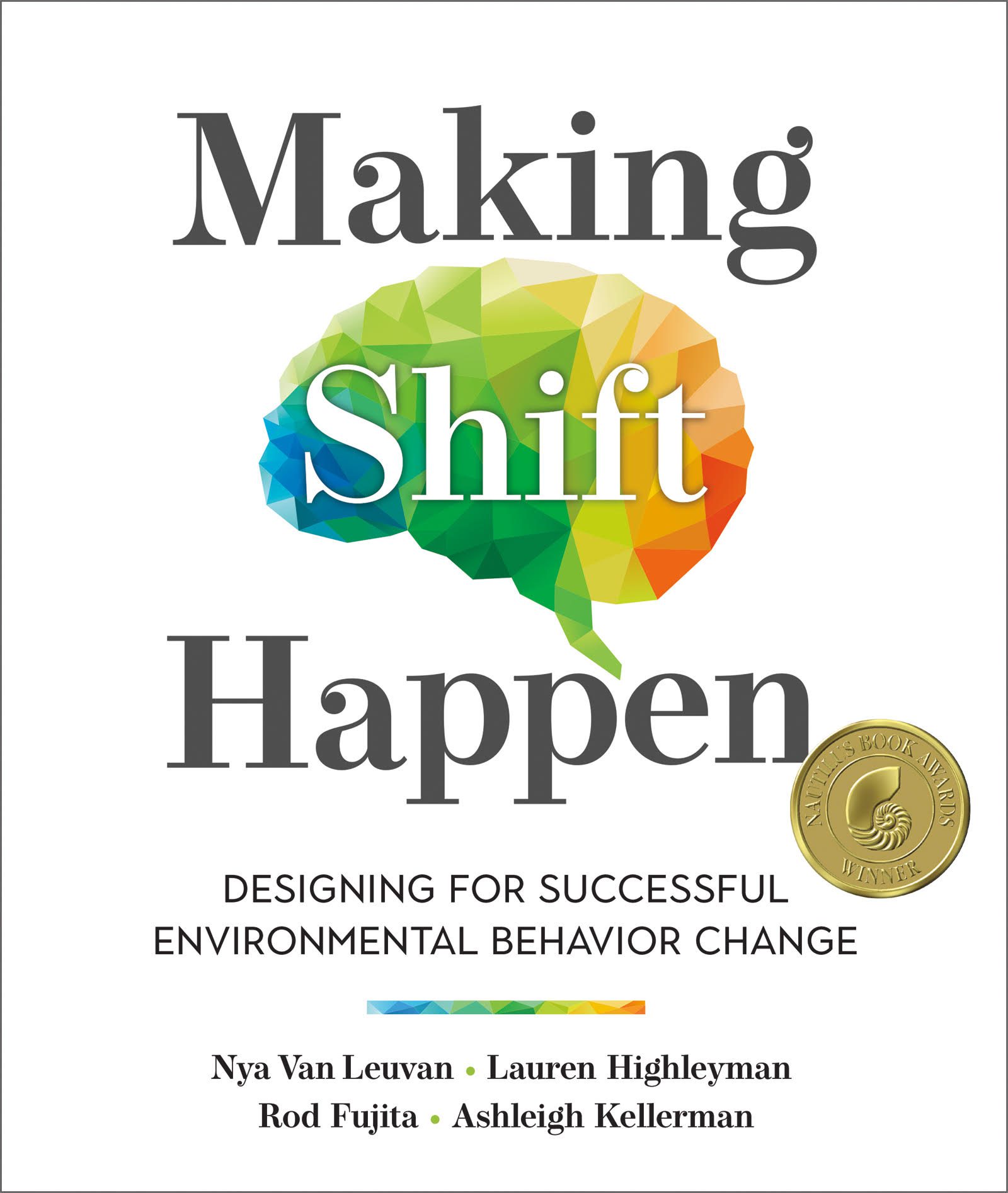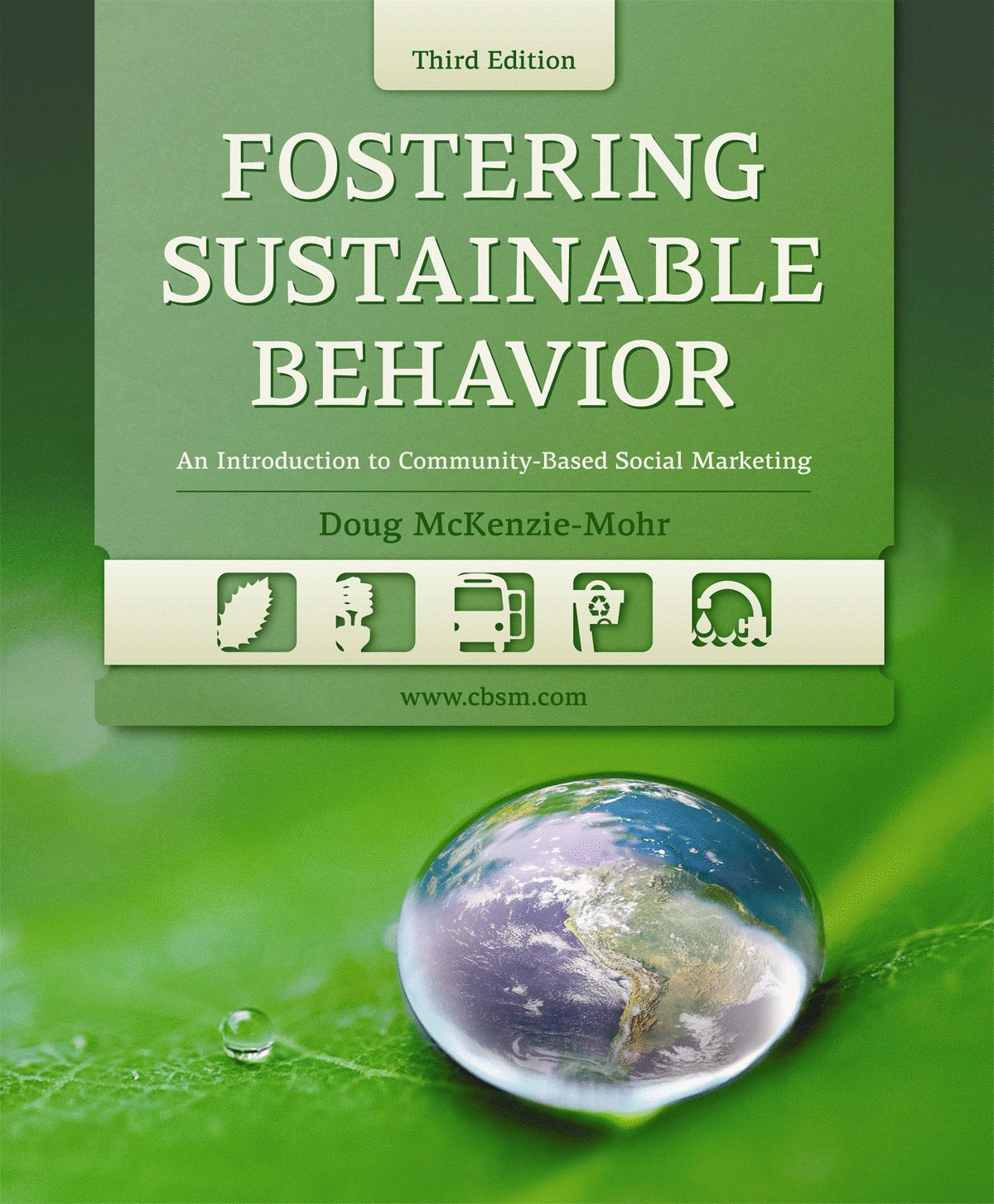
Think back to the last concert or festival you went to. Did you ever pause to think about the reason for the event and who attended it? Did you consider whether the event was eco-friendly?
It’s possible that you were too busy enjoying the moment to think about these things. That’s why we’ve invited Leor Rotchild, author of How We Gather Matters, to share his insights in our latest author interview. He can help us make sure that events are inclusive, eco-friendly, and have purpose.
What are the biggest changes or trends we should be aware of when we think about the future of events?
The events industry is changing rapidly and in lots of ways, which can cause a lack of focus. Event tech and the future of virtual events can distract from the central idea that your next event can be a profound opportunity to effect change. What that change is requires a period of reflection on what assets you have and what the world and your community needs. Engaging stakeholders in this process can help to arrive at a central purpose that drives the event program, logistics, and tech solutions. Not the other way around. Major events can have an enormous environmental footprint, especially when they attract people from around the world. So there is an imperative to measure and manage the most significant issues affecting society today and transform your greatest risks into opportunities that limit environmental impacts in a way which leads to positive social and community outcomes. Getting this right can help you grow your audience, shrink your footprint, and change the world.

What is the role of event attendees in all of this?
It’s less likely that change will occur unless the market for that change is on an upward trajectory. Event attendees of conferences, trade shows, music festivals, and sporting events must communicate their preferences and actively reward event organizers that are actively working towards positive environmental and social outcomes while credibly measuring progress toward their goals.
Which events are getting it right?
My book How We Gather Matters: Sustainable Planning for Purpose and Impact is full of case studies of events making progress in a number of areas. Some of these include IMEX, the Greenbelt Festival, and the Calgary Folk Music Festival. However, even the leaders in this space have more to do. That’s because sustainability and inclusion are more of a journey and evolving ecosystem than an end point.

What is the one piece advice you would give to event professionals?
Get started. Integrating an inspiring purpose that leverages your event as a solution to social and environmental challenges requires getting connected with a community of partners actively working on community and society-level solutions. You will be most effective if you start early in your planning process and commit to learning, building relationships, and continuously improving, while leveraging credible outside verification to measure progress.





